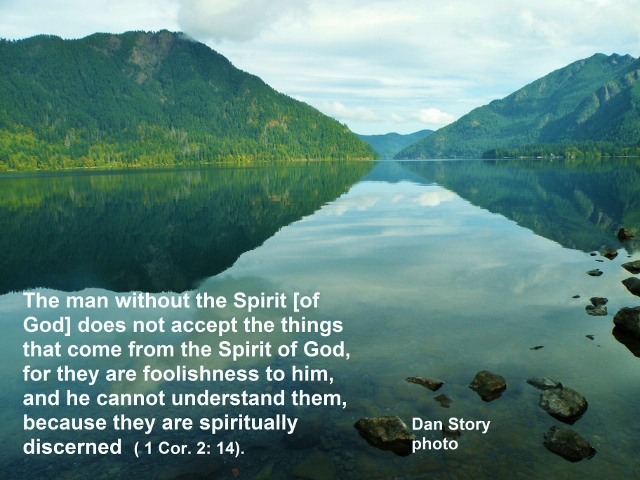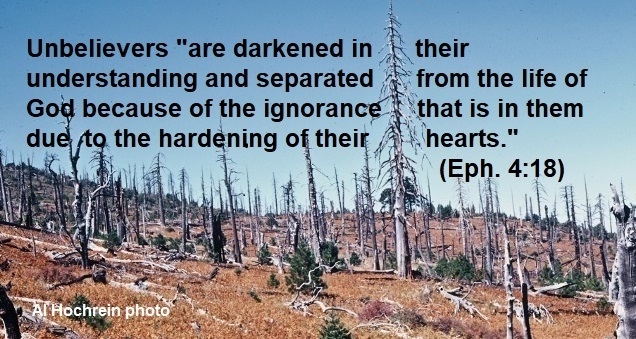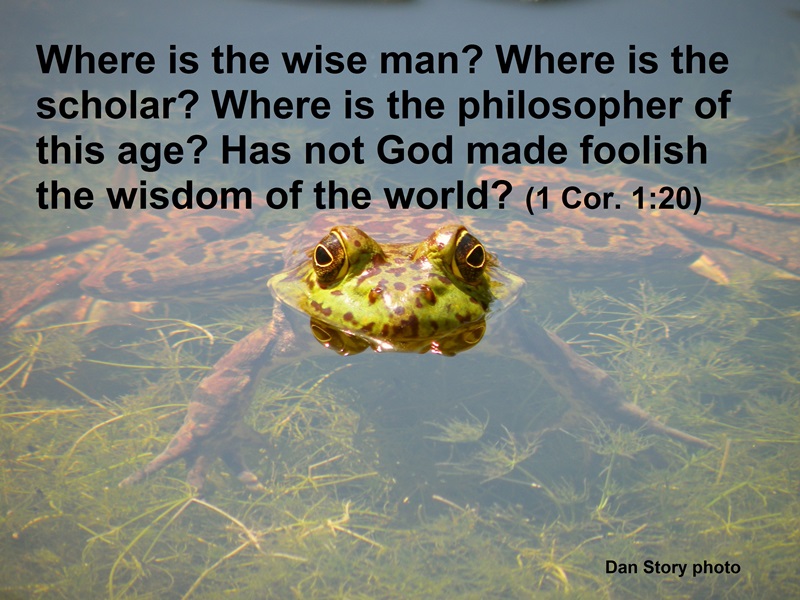
Part Five: What Does “Crutch” and Being “Weak” Mean to a Christian?
God is the sovereign, all-powerful, all-knowing creator of life and the cosmos. Therefore, the human race is not autonomous, as the secular world maintains. Instead, every human being is accountable to God. However, atheists, agnostics, and other skeptics reject this, and many claim all religious people, including Christians, are weak and insecure because they rely on a religious “crutch” to cope with life. As we saw in last week’s blog, however, the tragic paradox is that the very things unbelievers strive so hard to achieve in their so-called autonomy—inner fulfillment, peace of mind, a meaningful life—are theirs for the asking through the “crutch” of Jesus Christ.
What Crutch and Weak Mean to a Christian
I want to begin by making a statement that would have sounded contradictory in previous blog posts: Christianity is a crutch for weak people! Obviously, my definitions of a crutch and weakness are different from the critic’s. Nowhere in Scripture is a Christian’s faith seen as a crutch in the sense of an escape from the reality of a fallen, suffering world (John 17:15). Likewise, nowhere are Christians portrayed as weaklings or insecure (see Part Three). On the other hand, throughout Scripture, our faith is seen as a supporting pillar, an anchor, a means to heal broken and damaged lives, and the only true source of lasting peace and joy, even during life’s darkest hours. Likewise, throughout Scripture, believers are seen as depending on and drawing strength from the person who created and sustained them (2 Cor. 12:9-10) and who offers them life more abundantly (John 10:10). This same divine blessing is for today and all God’s people.
It’s in these senses that Christianity is a “crutch,” and Christians are “weak.” We gladly accept the power of God given to us through His Son Jesus Christ (John 14:16-17). The Lord told the apostle Paul during a time of personal struggle, “My grace is sufficient for you, for my power is made perfect in [your] weakness” (2 Cor. 12: 9). Elsewhere Paul encourages his young disciple, Timothy, that “God did not give us a spirit of timidity, but a spirit of power, of love, and of self-discipline” (2 Tim. 1:7). As other biblical promises, this promise was not just for Timothy, but for all people who rely on the “crutch” of Jesus Christ. ©
Next week we’ll see why every human being on Earth needs a spiritual crutch to find meaning and purpose in life—whether they realize it or not. But that crutch must be the right crutch—not a counterfeit one.








